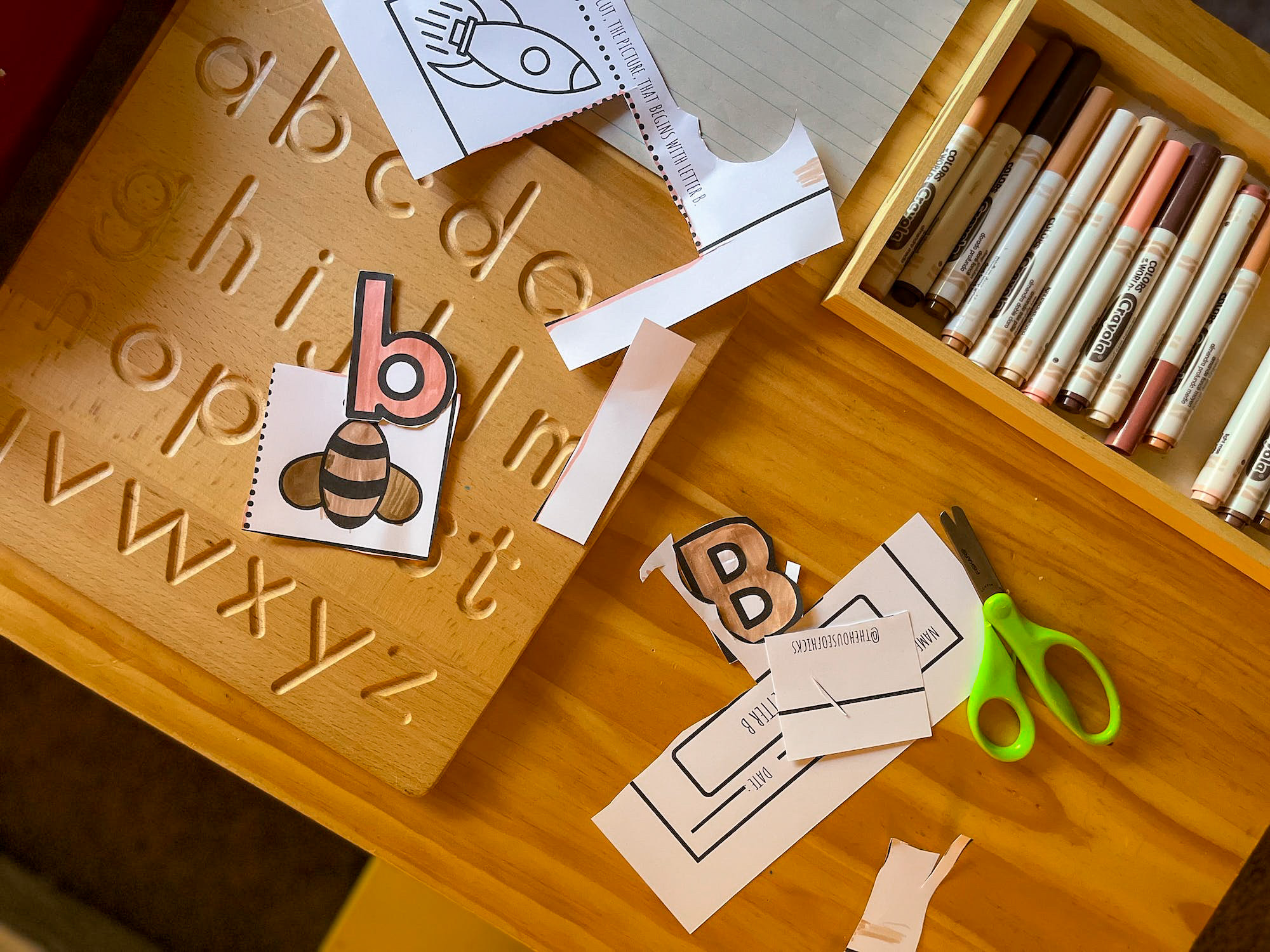Whether you’re starting the homeschooling adventure with your kids for the first time or have already been on this journey for a while, one of the most common questions you’ll encounter (or ponder yourself) revolves around socialization. The question often arises: How can your children develop proper social skills while learning at home instead of in a traditional school environment?
This concern is understandable. After all, most of us spent our formative years in conventional educational settings, attending physical schools, engaging with peers daily, and viewing social interaction as an integral part of our educational experience. The challenge then becomes clear: how do we recreate this socialization aspect while educating our children at home so they don’t become socially awkward? In this article, you’ll find various tips to help you with homeschooling and socialization.
What is Socialization?
It’s important to note that when socialization for homeschoolers is discussed, a few things are being talked about. Proper socialization typically involves these 3 ideas:
- Learning to be tolerant of others with different opinions and cultural backgrounds
- Learning to understand social normalities in society
- Developing “social fluency,” which allows a person to deal with a variety of relationships and social situations
There are many ways to help children receiving home education become highly socialized in each aspect.
Tips for Socializing Homeschoolers
Here are a few tips for homeschooling socialization and examples of great socialization opportunities.
Home School Groups
Homeschool groups are a popular way to connect your homeschooler with other families so your children can learn and play with others. Some of these groups are mainly social in nature; others involve hiring outside teachers to teach students or homeschool parents taking turns teaching classes. They’re also great options for parents and children looking for homeschool support.
The HSLDA, also known as Home School Legal Defense Association, is an excellent place to start if you are looking for a local homeschool co-op or group.
Extracurricular Activities
Just because you homeschool your child doesn’t mean they can’t participate in weekend or after-school activities with non-homeschool kids. Some public schools even allow homeschooled children to participate in their extracurricular activities.
You can sign your child up for dance, martial arts, cooking, computer coding, piano, etc. If they’re unsure what to do, you can start by encouraging them to attend parks and recreation.
Music Lessons
Taking music lessons can be a great way to help with homeschool socialization. It’s important to note that not all socialization needs to happen with kids the same age as your child.
Developing social fluency with other adults, such as a violin or guitar teacher, is also a crucial skill for homeschool kids to learn. Also, if your child’s lessons include regular recitals, they can also meet other like-minded kids with similar talents and musical interests.
Summer Camp
While certain homeschool groups have dedicated gatherings for their children, venturing into external summer camps can provide valuable experiences for homeschoolers. These camps encompass various interests, including traditional summer camps, music-focused camps, and sports-focused programs.
Share your budget and how far you’re willing to let them venture with your child for camp selection. Camps offer a unique opportunity to get outside the home, get together with kids with similar interests, and create lasting memories. Some children even maintain connections with friends they meet at camp, which can serve as a valuable lesson in sustaining long-distance friendships—a crucial life skill.
Children’s Programs at Your Local Museum or Zoo
Zoos, aquariums, nature centers, and children’s museums often have programs and events that children may be able to participate in. This can be fun for the entire family and allow them to explore their surroundings.
Who knows, they may even discover some of their passions! Additionally, it’s great to socialize homeschoolers at these venues because it gives your child the opportunity to expand their minds and explore their interests.
Volunteer at a Local Facility
Not only your child but people of all ages in your family can benefit from the connections established while volunteering at a local facility. For example, you could have your child volunteer at an adult living facility or a local community center.
They could also look into volunteer opportunities for the local library to connect with others in their age group. Not only will they be having fun, but they’ll be making amazing connections too.
Encourage Independence
As your child grows up, they should have more time away from parent supervision with their friends and more input in their activities. Your child’s teenage years are a time for them to transition and grow towards greater independence. This may mean dropping your child off at the movies or the mall to hang out with their friends.
Working a part-time job also allows your child to become more independent and develop skills while making new friends. While homeschool kids can be well-socialized, don’t assume it will happen automatically. Listen and encourage your child to be willing to make changes if things aren’t working and look for new opportunities.
Listen to Your Child
If your child tells you they want to spend more time with friends or are feeling lonely, listen to them. When planning what activities to involve them in, get their input. Ask your child what they want to do. Every child is different, so please don’t assume you know what your child needs without asking what they think.
Wrapping Up
It’s important to note that homeschooling your child doesn’t mean they will never develop the necessary social skills to thrive or interact with other kids. There are many fun opportunities for socialization to keep your child socialized, including volunteering and community-based programs at museums.
It can be comforting to know that homeschooled students can thrive and get the proper social interaction and development. On the contrary, With a little exploration and creativity, there are many ways to ensure that your homeschooled child thrives and forms meaningful connections with others.
